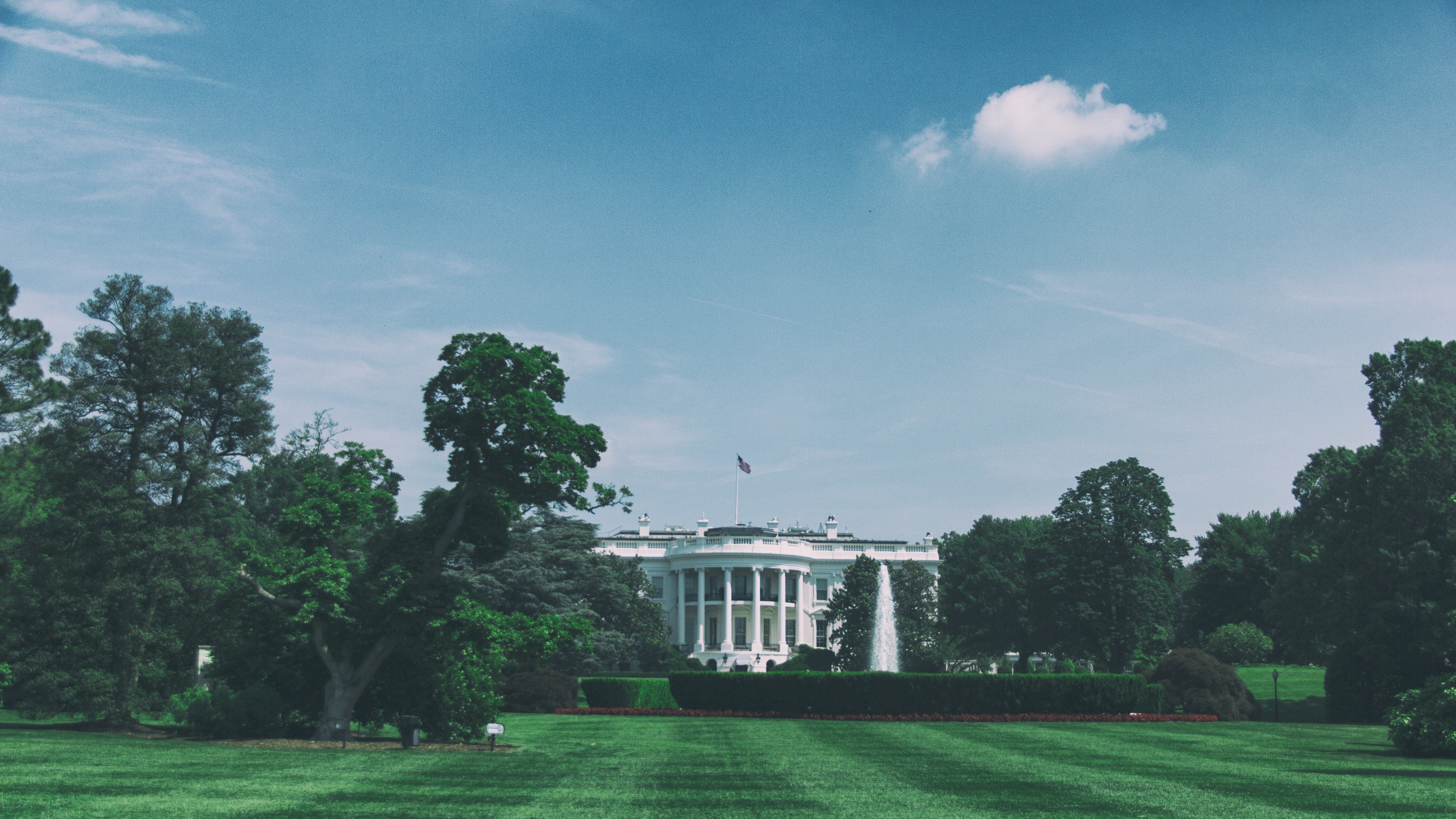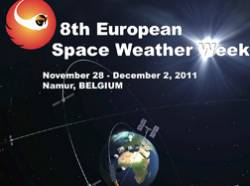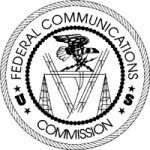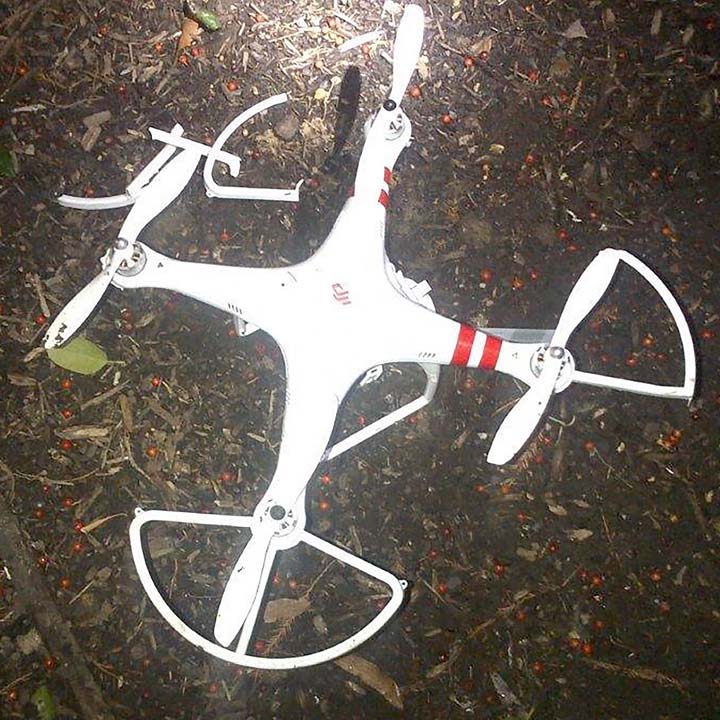The years-long fight over a proposal to recast satellite spectrum near the GPS frequencies for a terrestrial network is now being raised as an issue that could impact efforts to support competitiveness in satellite communications and other sectors of the growing commercial space industry.
Allowing Virginia-based Ligado Networks (formerly LightSquared) to develop a terrestrial service using frequencies zoned for and relied upon by satellite operators could undermine the long-term prospects of the commercial space industry by increasing spectrum uncertainty, half a dozen organizations asserted.
Both the White House and Congress want to ensure that for-profit satellite constellations and other private sector space operations are in the best possible competitive position. To help do that they are taking similar actions, including ordering studies, to ensure that the way the federal government handles spectrum does not hamper the global market prospects of space companies and those who rely on their services.
The newest effort was ordered by the Trump administration as part of its May 24 Space Policy Directive-2. Under the order the secretary of commerce is to coordinate with the director of the Office of Science and Technology Policy (OSTP) to look at “improving the global competitiveness of the United States space sector through radio frequency spectrum policies, regulation, and United States activities at the International Telecommunication Union and other multilateral forums.”
As they do this the Commerce and OSTP are to consult with the chairman of the Federal Communications Commission (FCC) to make sure spectrum decisions support the White House’s goal of minimizing”uncertainty for taxpayers, investors, and private industry; protect national security, public-safety, and foreign policy interests; and encourage American leadership in space commerce.”Their report is due a few weeks after the election.
America’s continued space leadership depends on “a stable spectrum foundation for the satellite industry,” said a group of six aviation, space and weather interests in a letter to Commerce, OSTP and the National Space Council. In particular, they said, the industry needs robust international engagement to preserve space spectrum allocations and consistent protection from harmful interference.
“Domestic or international policy initiatives inconsistent with these principles, such as the most recent Ligado proposal, should be rejected as detrimental to America’s space leadership and the Administration’s goals,” the letter said. The signatories represent the Aerospace Industries Association, American Meteorological Society, General Aviation Manufacturers Association, Narayan Strategy, the Weather and Climate Industry Association and Iridium Communications, Inc.
Ligado said in a statement that the letter “presents again the false choice that policy makers should choose either satellite or mobile broadband services to support the Internet of Things (IoT).”
“Ligado, which for twenty years has been in the satellite business, realizes as others in the industry and policymakers do, that limited spectrum can and must support a number of national priorities — critical IoT applications, satellite services, broadband and more,” the company continued. “The expert spectrum agencies at NTIA and the FCC understand these complexities and are working tirelessly to make timely and balanced decisions that advance all sectors of the U.S. economy.”
Input for Congress
Iridium, which has been at odds with Ligado before, also submitted comments mentioning Ligado to the FCC Docket sparked by RAY BAUM’S Act of 2018, which was signed into law in March.
The Act, which was made part of the Consolidated Appropriation Act of 2018, requires the FCC to publish a Communications Marketplace Report the fourth quarter of every even-numbered year. That marketplace includes 5G capability, which is among the services Ligado is now proposing.
In comments responding to an FCC request for input (via docket 18-251) Iridium said “granting Ligado’s request would upend forty years of a predictable spectrum environment for satellite providers in the L-band.”
“Allowing a nationwide mobile broadband service to operate directly adjacent to satellite services will cause harmful interference to Iridium and the government and commercial entities that rely on Iridium and other L-band satellite operations,” Iridium wrote. “This is precisely the type of activity that must be avoided to allow existing satellite operators to continue to operate and innovate without the threat of harmful interference.”
Interestingly the Satellite Industry Association (SIA), of which Ligado is a member, weighed in with a call for stability.
Thirteen companies have submitted filings to the FCC for more than 20,000 non-geostationary communications satellites to be launched across 21 constellations by the mid 2020’s, SIA wrote in its comments. These new space assets promise “ubiquitous broadband internet coverage worldwide at low latencies.”
Though SIA was not talking about constellations in the L band, which is where GPS and Ligado operate, the organization stressed the need for a predictable frequency environment where decisions are in sync with international harmonization agreements and, while allowing growth, protect incumbent satellite operations from interference.
“These technological investments are made without the need for government subsidy, but do require regulatory certainty,” the SIA said.






